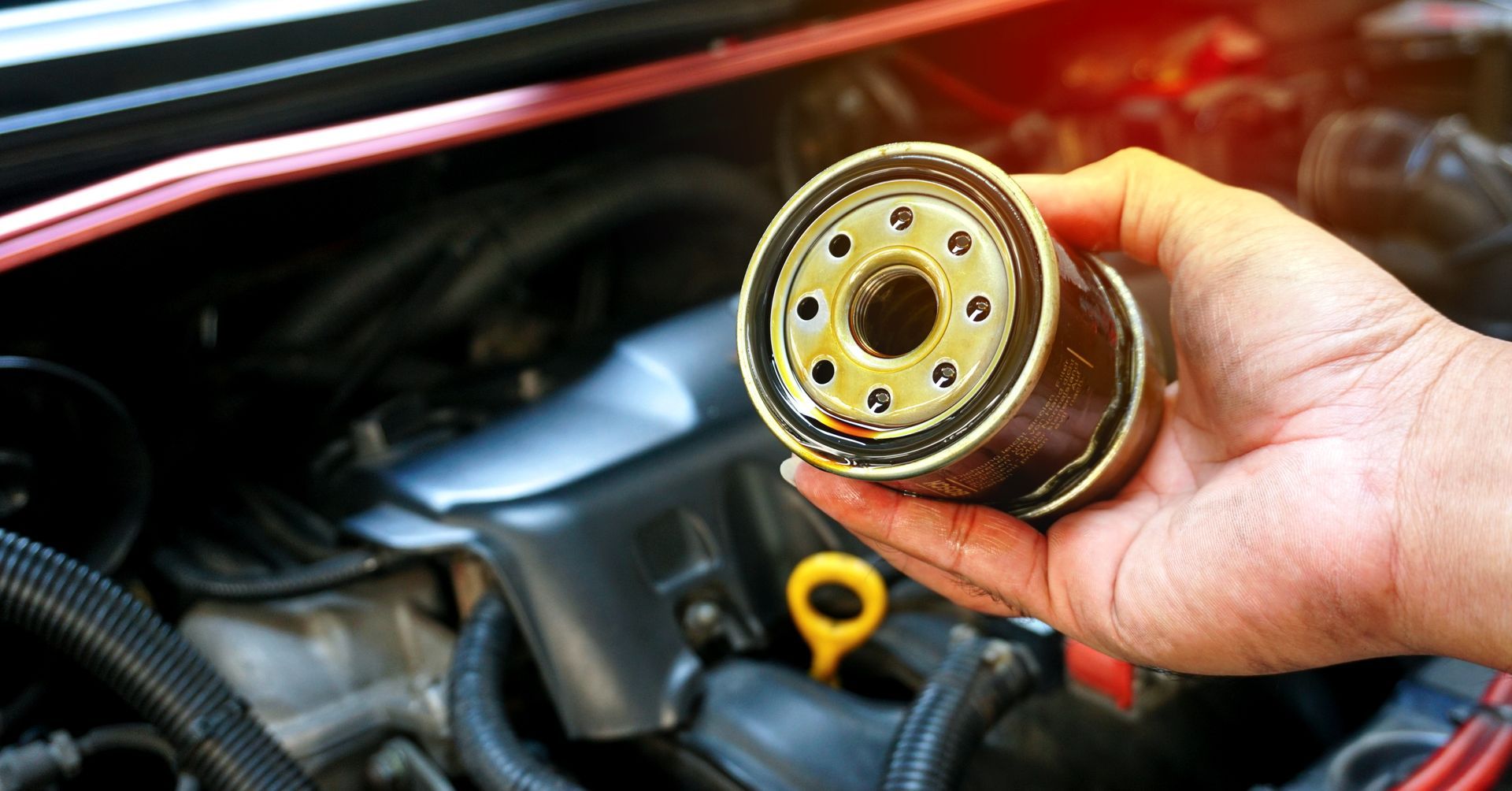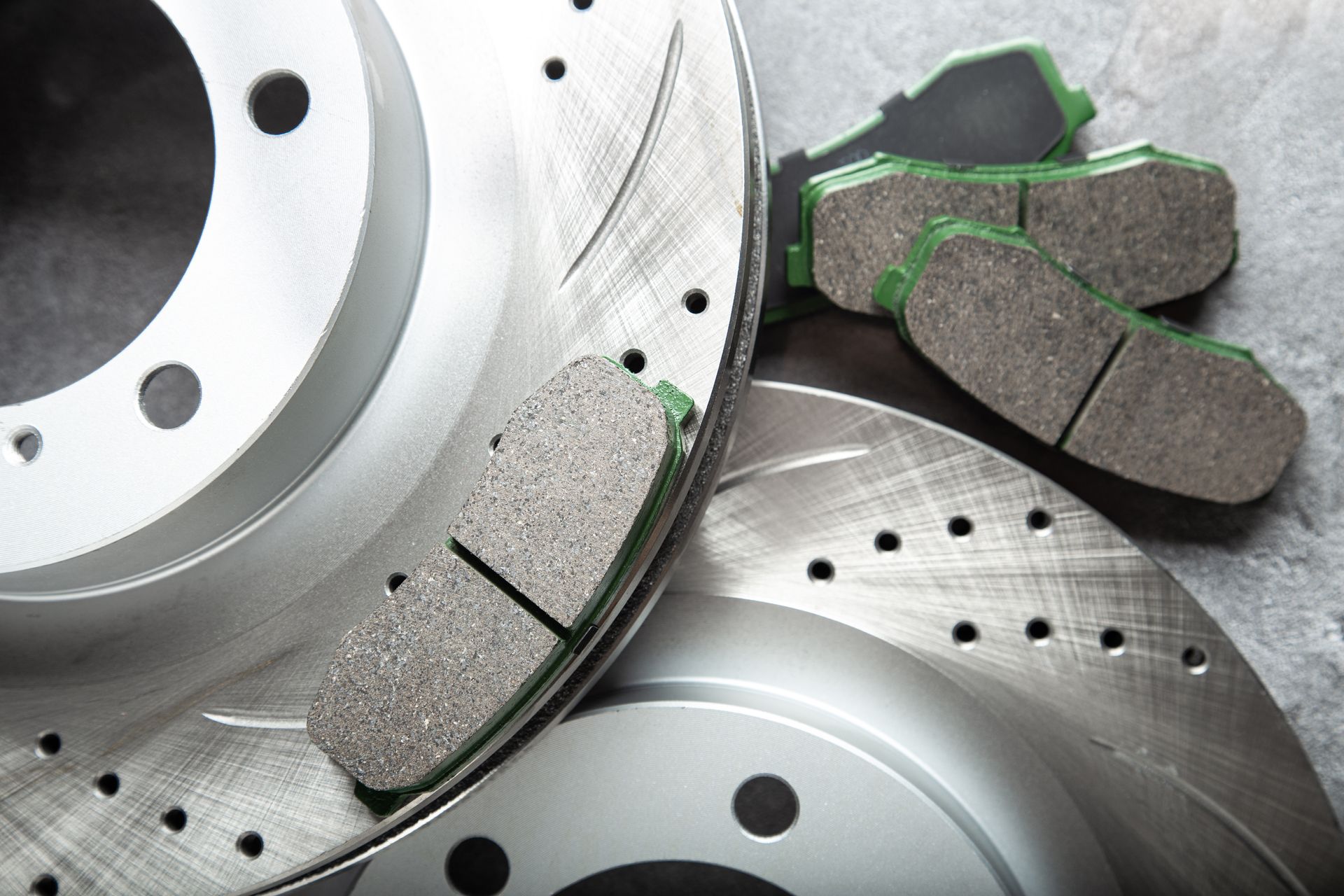Loading ...
Missing business hours data / Error occurred while getting the data.
Call Us Now :
Loading ...
Missing business hours data / Error occurred while getting the data.
Call Us Now :
The Traction Control System - What Does It Do & Signs of Issues
The Traction Control System - What Does It Do and Signs of Issues
Revving up the excitement of the automotive world, the Traction Control System (TCS) is a pivotal feature that often remains unnoticed until it's needed the most. Today, we will take a thrilling dive into the fascinating realm of Traction Control Systems, decoding its simple purpose and delving deeper into the intricacies that keep your car on the road, especially when things get slippery. Furthermore, we'll equip you with the knowledge to spot signs of TCS issues, ensuring your journey remains both safe and exhilarating.
What Does the Traction Control System Do?
At its core, the Traction Control System is your car's guardian angel in treacherous driving conditions. Its primary role is to prevent wheel spin during acceleration, ensuring that the engine's power is effectively transferred to the road.
Here's the simple version: imagine you're accelerating from a stoplight on a rainy day, and your tires start spinning aimlessly, unable to grip the slippery surface. This is where TCS swoops in, intervening to regulate power delivery and
maintain traction. Essentially, it keeps your vehicle on the straight and narrow.
The Inner Workings of TCS: Dive into the Details
Sensors at Play
This system relies on a network of sensors strategically placed throughout your car. These sensors continuously monitor the rotational speed of each wheel. If a wheel begins to spin faster than the others, indicating loss of traction, the TCS jumps into action.
Braking and Throttle Control
To regain traction, TCS has two main tools in its arsenal - braking and throttle control. If a wheel starts to spin, the system can apply the brake to that specific wheel, transferring power to the wheel with better grip. Additionally, it can momentarily reduce
engine power by adjusting throttle input, preventing excessive wheel spin.
Sophisticated Algorithms
TCS operates on complex algorithms, making lightning-fast calculations to determine the precise amount of intervention needed. It seamlessly balances power distribution, allowing for smoother acceleration and steering even in challenging conditions.
Signs of TCS Issues: Staying Ahead of Trouble:
- The most obvious sign of a TCS issue is the illumination of the Traction Control warning light on your dashboard. If it stays lit, it's time to have your system checked.
- If you notice your wheels frequently spinning even on dry surfaces or if you feel a loss of control during acceleration, it could be a TCS problem.
- Unusual grinding or clicking noises when your TCS activates might indicate a malfunction in the system's components.
- The traction control system should aid in maintaining control during acceleration and turns. If you experience difficulty turning.
- A malfunctioning TCS can lead to unnecessary braking and power adjustments, which can result in reduced fuel efficiency.
At
Aegis Auto Services, we specialize in traction control system services - from repairs to maintenance. Just contact us, and we will get your car in and out of the shop in no time!

Loading ...
Missing business hours data / Error occurred while getting the data.
Loading ...
Missing nap lines data / Error occured while getting the data.









